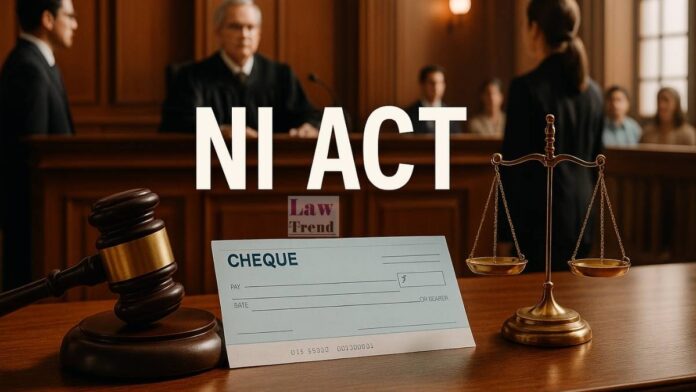The Calcutta High Court has upheld the conviction of a construction company and its directors in a proceeding under Section 138 of the Negotiable Instruments Act, 1881, ruling that a mere “bald allegation” of coercion, unsupported by corroborative evidence, is insufficient to displace the statutory presumption of debt or liability. In the judgment delivered on
To Read More Please Subscribe to VIP Membership for Unlimited Access to All the Articles, Download Available Copies of Judgments/Order, Acess to Central/State Bare Acts, Advertisement Free Content, Access to More than 4000 Legal Drafts( Readymade Editable Formats of Suits, Petitions, Writs, Legal Notices, Divorce Petitions, 138 Notices, Bail Applications etc.) in Hindi and English.




